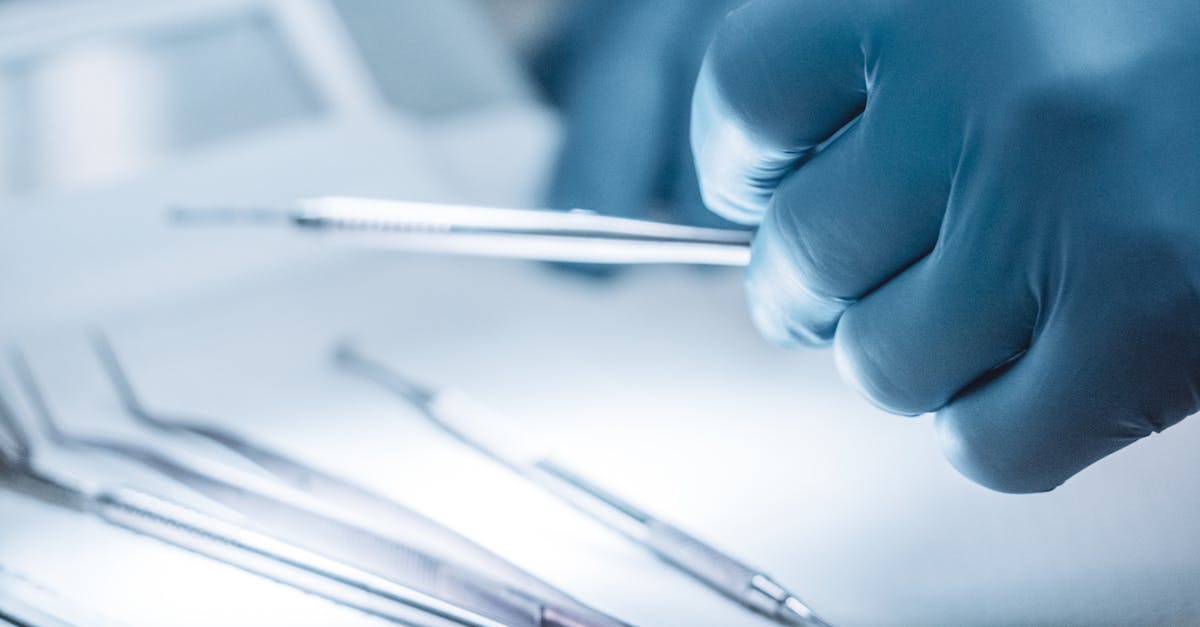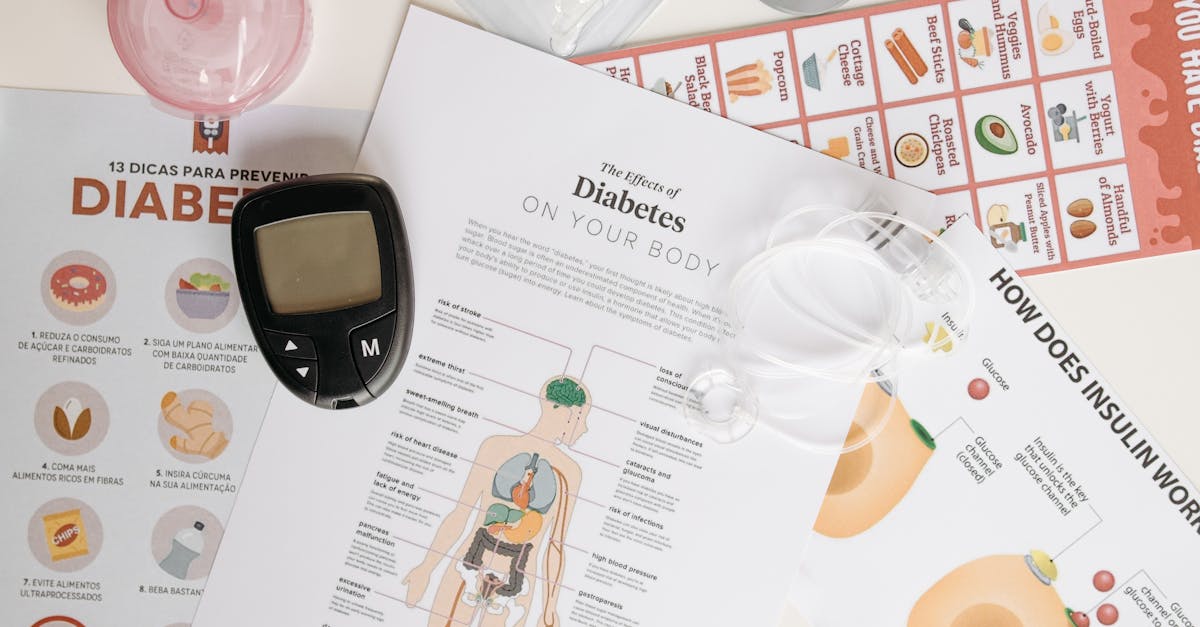Sleep Apnea Treatments for Better Sleep
Introduction
Sleep apnea is a common yet serious disorder where breathing repeatedly stops and starts during sleep. Affecting millions worldwide, it can disrupt quality of life and lead to severe health complications. Fortunately, there are several effective sleep apnea treatments available to help manage the condition.
Advertisement
Continuous Positive Airway Pressure CPAP
The most commonly prescribed treatment for sleep apnea is the Continuous Positive Airway Pressure (CPAP) device. This machine delivers a constant stream of air through a mask, keeping airways open during sleep. CPAP is highly effective in reducing symptoms and improving sleep quality, though some may find it initially uncomfortable.
Advertisement
Bi-Level Positive Airway Pressure BiPAP
Similar to CPAP, the Bi-Level Positive Airway Pressure (BiPAP) machine offers two levels of pressure – a higher pressure during inhalation and a lower one during exhalation. This option is often preferred for individuals who struggle with CPAP or have more complex breathing issues. It's essential to consult a specialist to determine the best fit.
Advertisement
Oral Appliance Therapy
For those seeking an alternative to machines, oral appliance therapy may prove beneficial. Custom-fitted by a dentist, these devices work by repositioning the lower jaw and tongue to keep the airway open during sleep. While effective for mild to moderate cases, regular follow-up is necessary to ensure efficacy.
Advertisement
Surgery Options
Surgical options are considered for those who cannot tolerate other treatments or have anatomical issues contributing to their sleep apnea. Surgeries may include tissue removal, jaw repositioning, or implants to open the airway. Consulting with an ENT specialist is crucial to evaluate candidacy for surgery.
Advertisement
Lifestyle Modifications
Lifestyle changes can significantly impact the severity of sleep apnea symptoms. Weight loss, regular exercise, and avoiding alcohol and smoking are beneficial steps. Certain sleeping positions can also help, such as sleeping on one's side instead of the back, which reduces airway blockage.
Advertisement
Positional Therapy
Positional therapy involves wearing devices that encourage side-sleeping, reducing apnea episodes often caused by back-sleeping. This treatment is particularly effective for mild cases of positional sleep apnea and can be used alongside other treatments for better results.
Advertisement
Adaptive Servo-Ventilation ASV
Adaptive Servo-Ventilation (ASV) is a newer therapy typically used for complex sleep apnea cases. This advanced machine continually monitors breathing patterns and adjusts air pressure accordingly, providing customized and efficient treatment. It is crucial to discuss with a specialist to see if ASV is appropriate.
Advertisement
Complementary and Alternative Treatments
Some individuals explore complementary treatments such as acupuncture, yoga, or myofunctional therapy to boost traditional approaches. While these can improve overall wellness and breathing, they should not replace conventional treatments without medical consultation.
Advertisement
Conclusion
In conclusion, there are numerous treatments available for managing sleep apnea, catering to various needs and preferences. While CPAP remains the gold standard, exploring other options—even surgical or lifestyle changes—can improve quality of life. Always seek professional advice to tailor treatments to one's specific condition and health situation.
Advertisement


